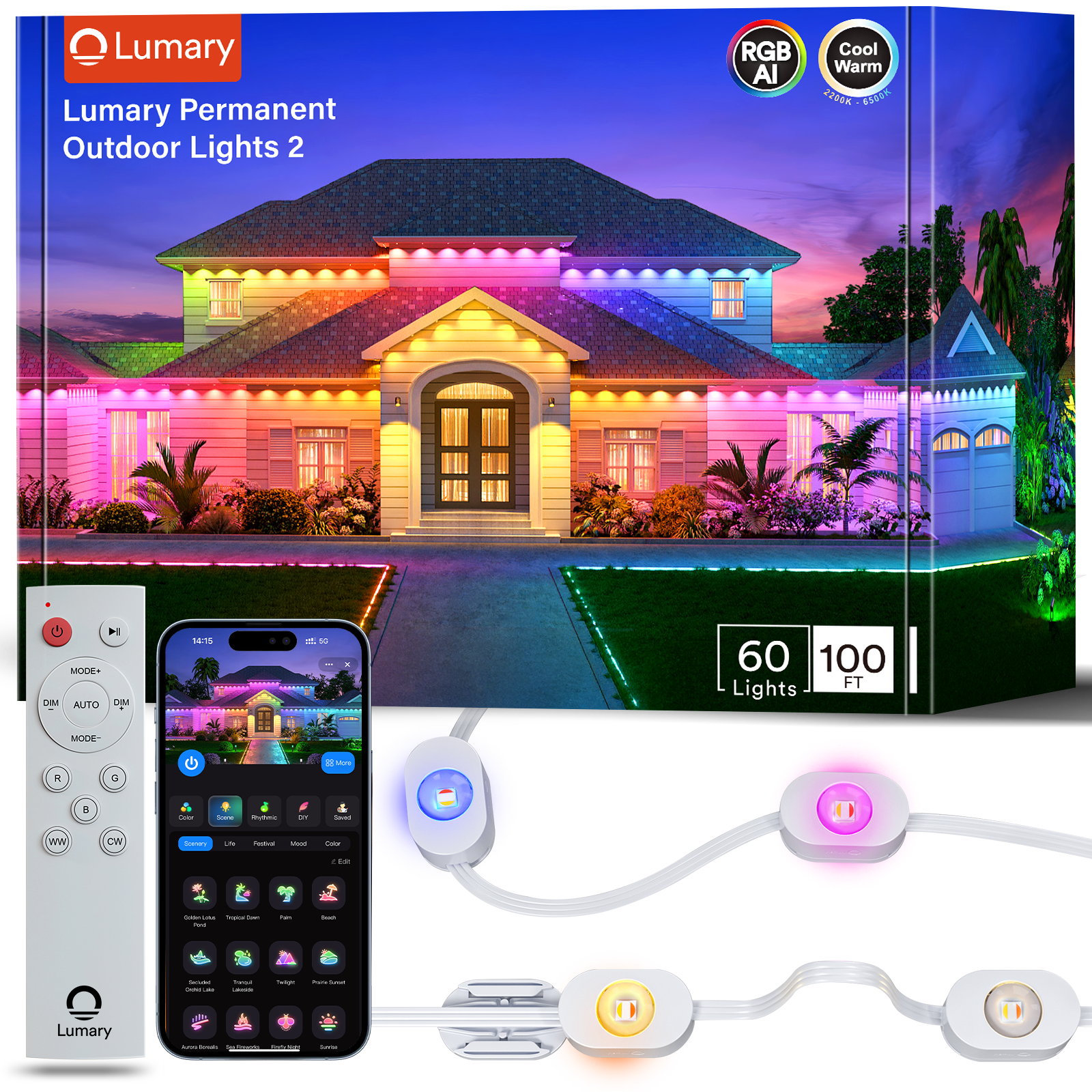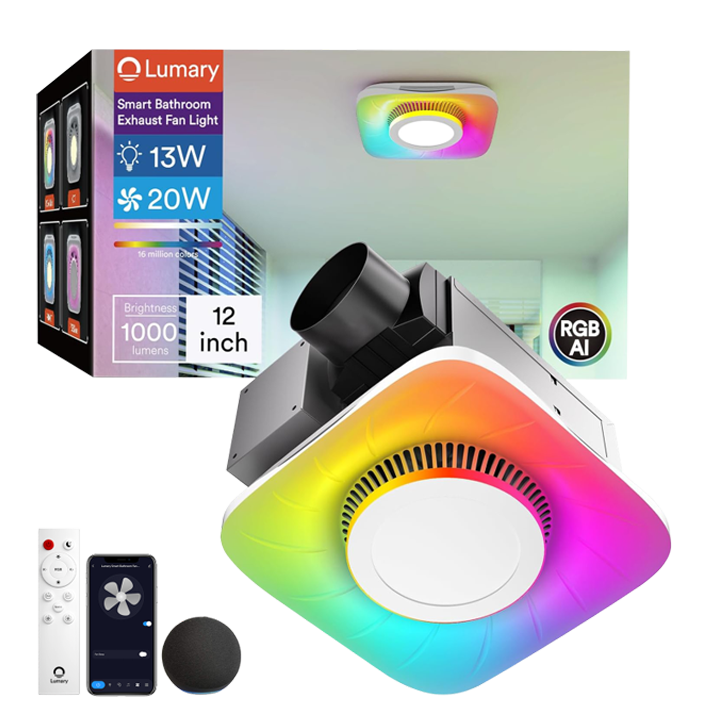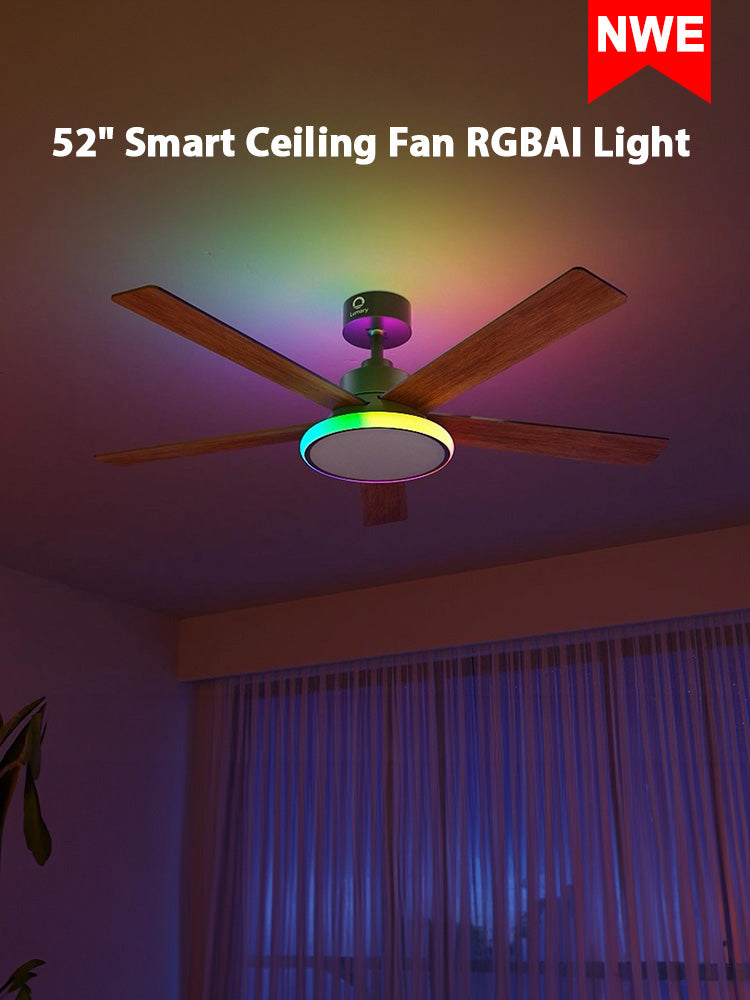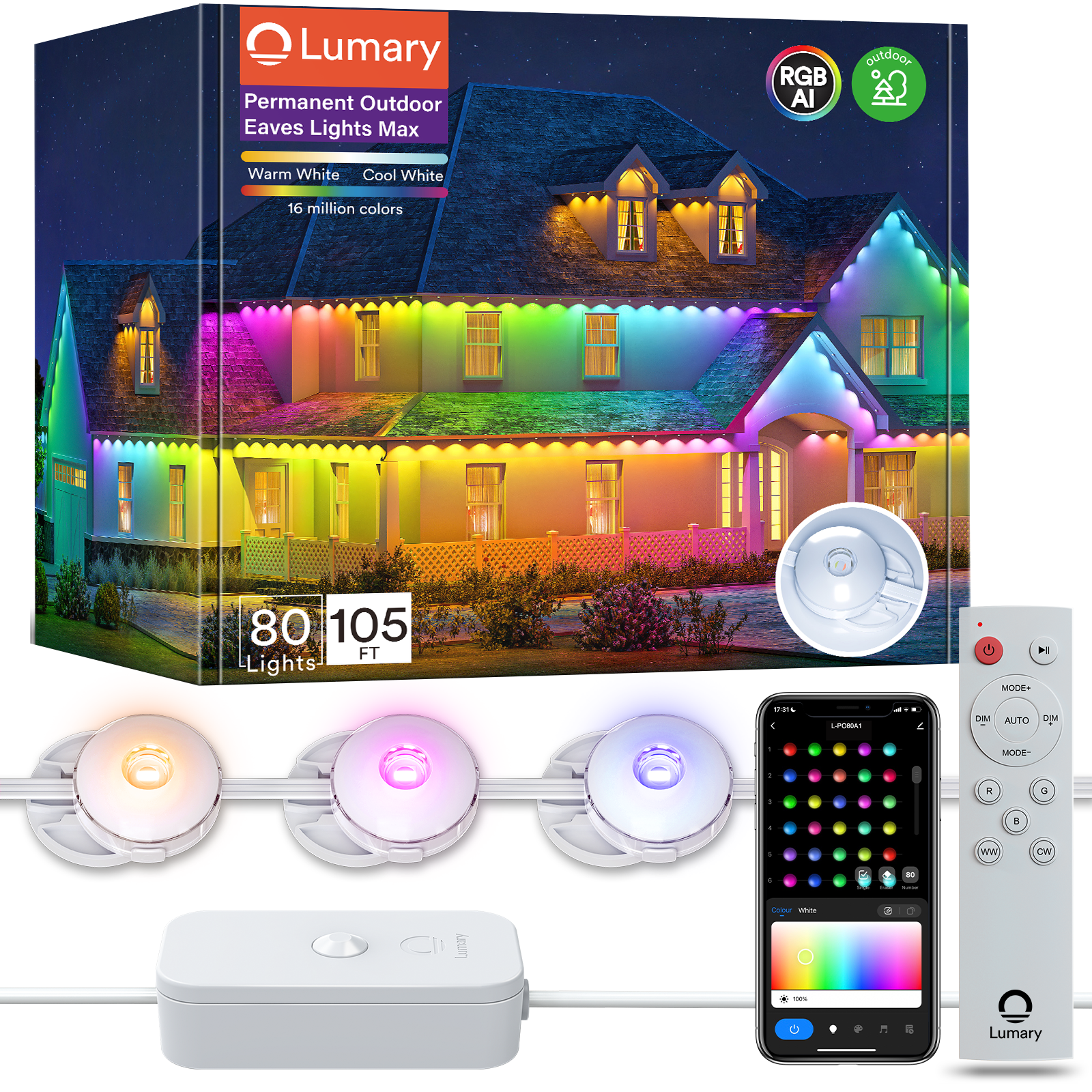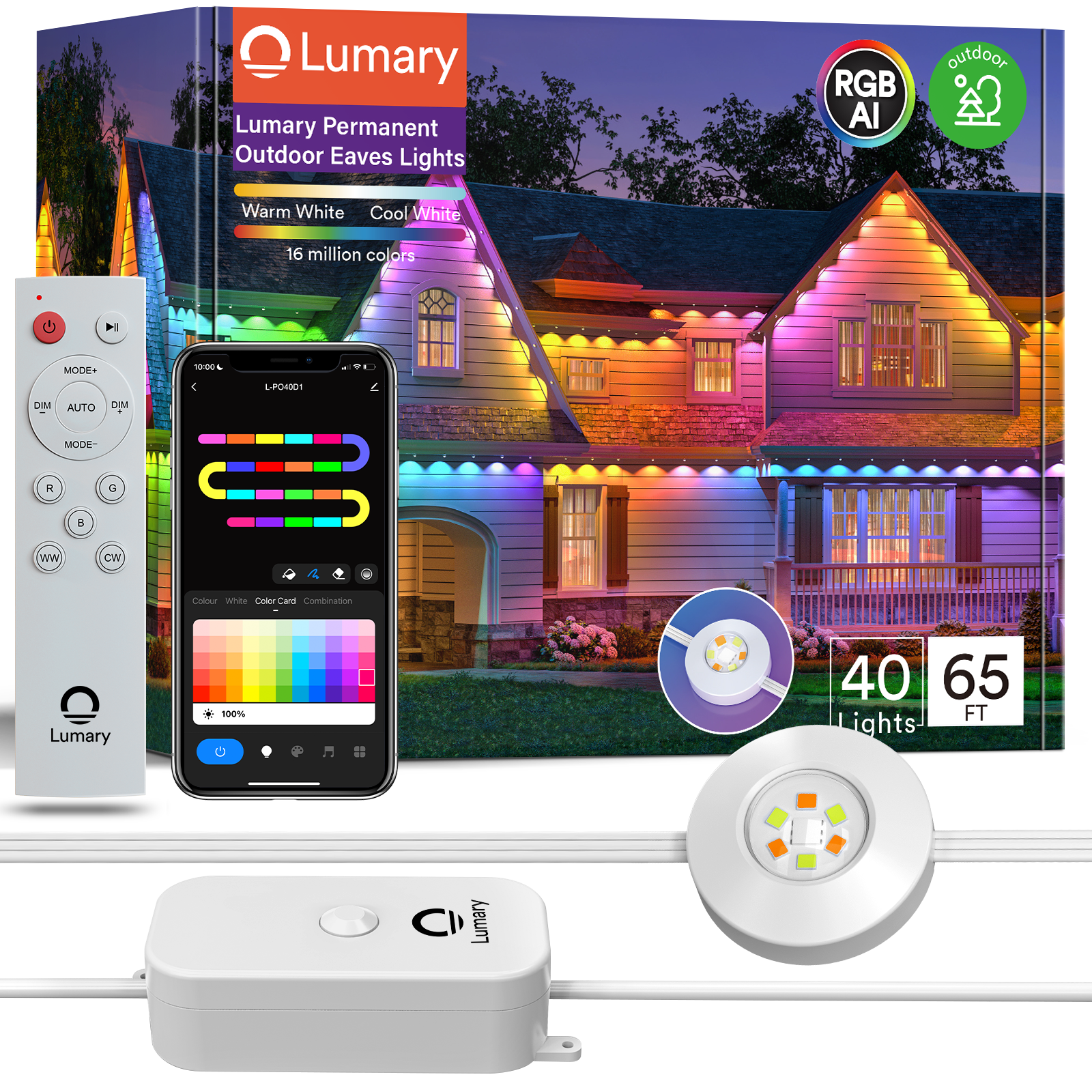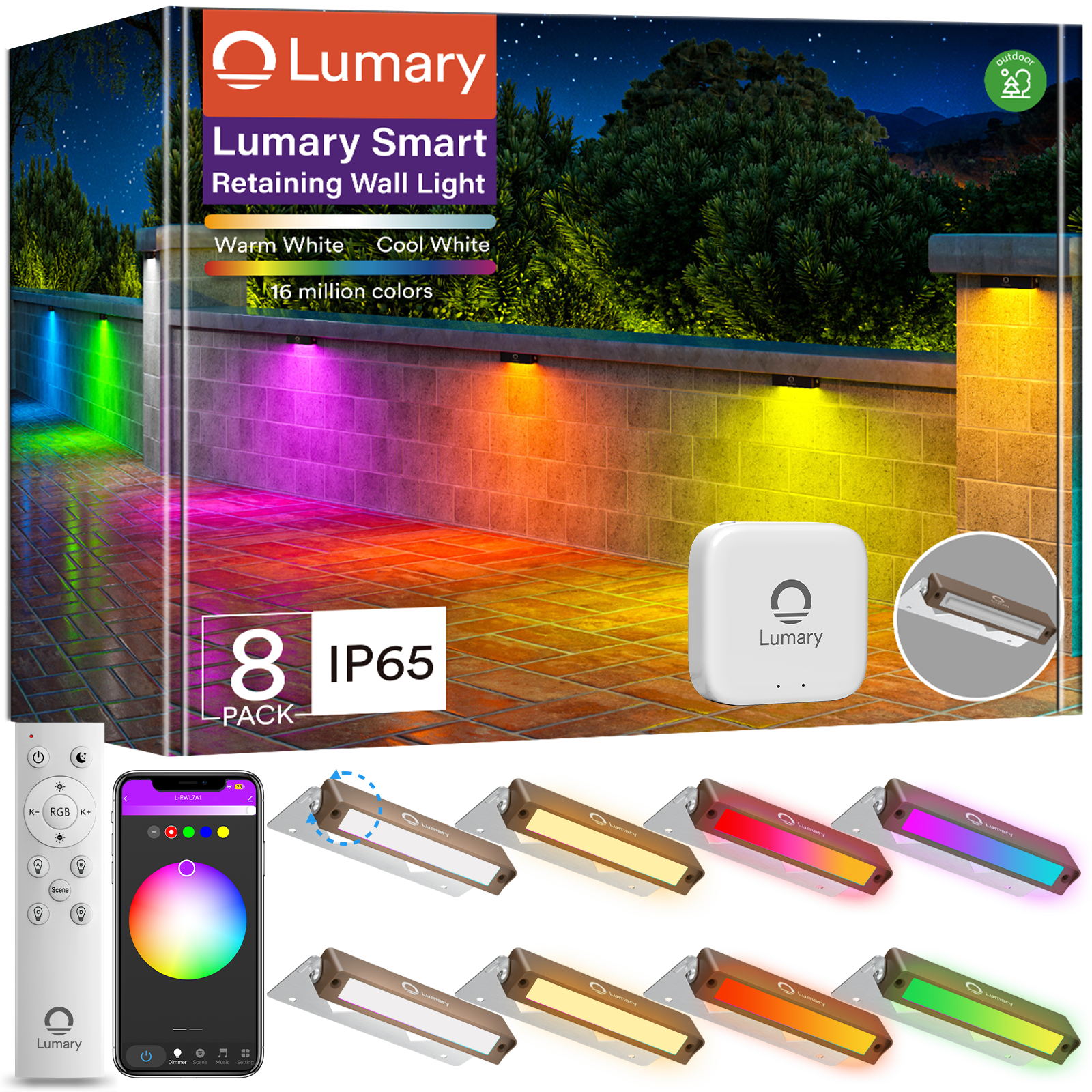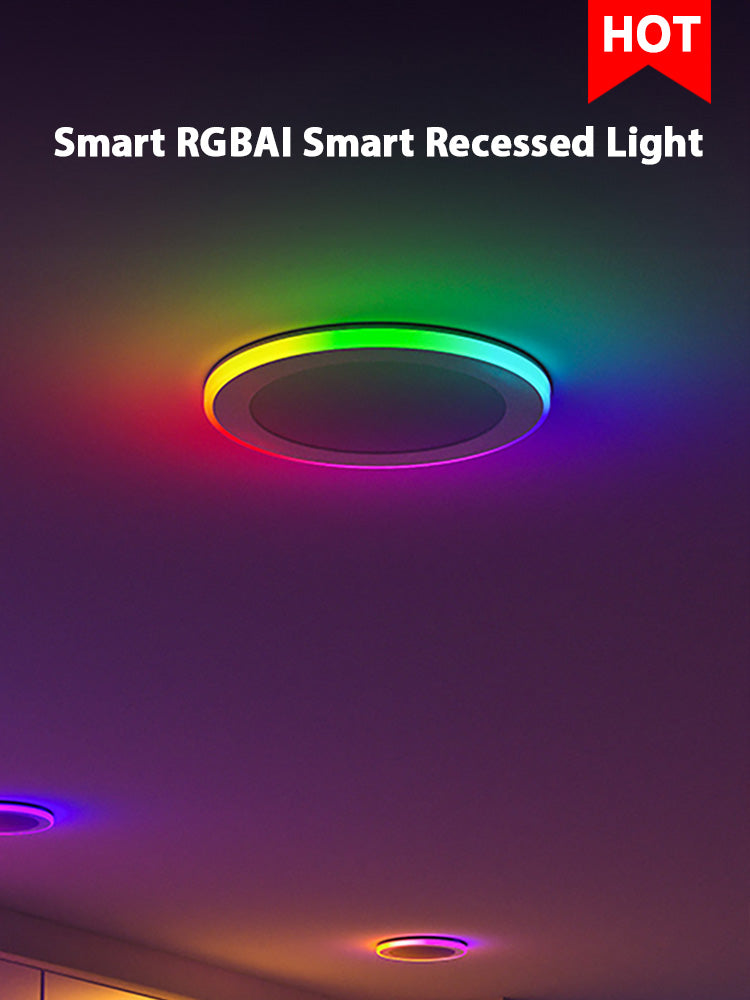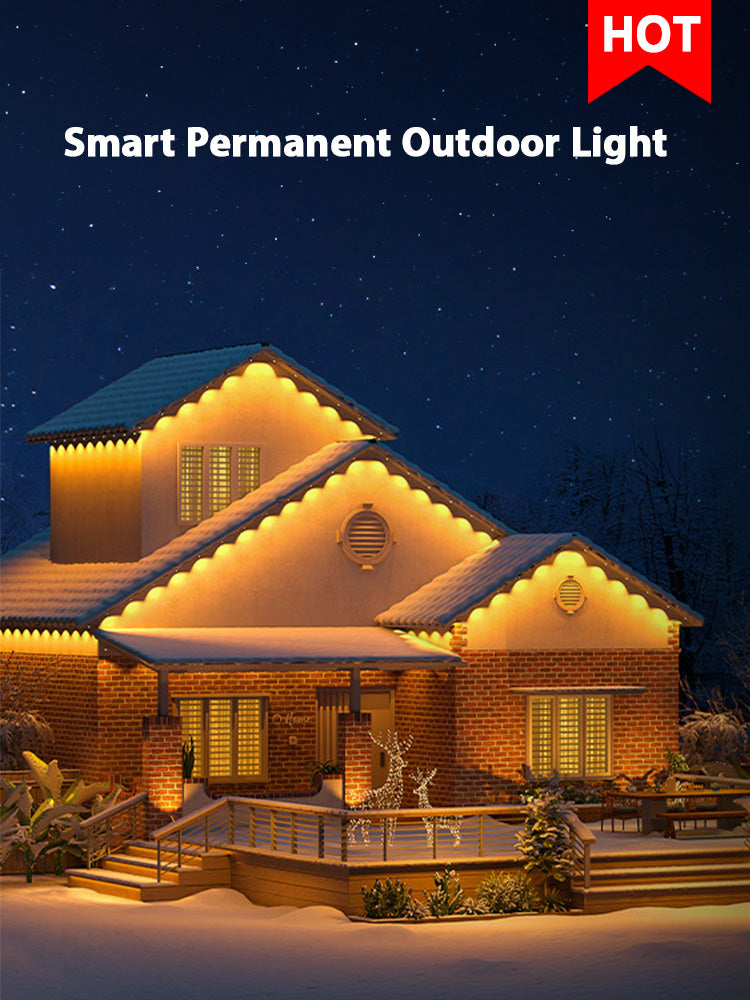Outdoor path lights make your yard feel inviting. They help keep walkways and stairs safe by lighting them up. These lights also make garden paths look nice and charming. Some people find it hard to set them up. Putting lights in the wrong spots or picking the wrong kind can cause problems. Planning well and knowing how bright the path lights outdoor should be is important. Using LED bulbs and timers saves on energy bills. These tips make sure your outdoor area looks great and works well.
Common Mistakes to Avoid

Incorrect Placement
Overcrowding the Pathway
Too many lights can make a path look cluttered. You want a neat and inviting walkway. Place lights about 8 to 10 feet apart. This spacing gives a balanced look. Avoid putting lights too close together. Overlapping light creates a runway effect. A well-spaced layout makes your path look elegant.
Ignoring Natural Landscape Features
Nature adds beauty to your yard. Use trees and bushes to your advantage. Place lights near these features to highlight them. Ignoring natural elements can make your lighting look out of place. Consider the landscape when planning your light placement. This approach enhances the overall look of your yard.
Choosing the Wrong Type of Lights
Inappropriate Brightness Levels
Brightness matters for outdoor lighting. Too bright can be harsh on the eyes. Too dim fails to light the path properly. Choose lights with adjustable brightness. This feature lets you set the right mood. Proper brightness ensures safety and comfort.
Mismatched Styles with Home Aesthetics
Your home has a unique style. Path lights should match this style. Mismatched lights can clash with your home’s look. Pick lights that complement your house. Matching styles create a harmonious appearance. This choice boosts your home’s curb appeal.
Recommended Practices for Installation

Planning the Layout
Checking the Path and Area
First, look at your path and area. Notice trees or bushes. These can make your path lights outdoor look better. Measure to see where lights should go. Keep them 8 to 10 feet apart. This stops clutter.
Making Balanced Lighting
Think about how you want the lights to feel. A balanced plan makes paths nice. Use staggered lights on wide paths. This gives even light on both sides. Focus more light on steps or bumpy spots. A good plan makes a safe, pretty walkway.
Picking the Right Lights
Energy-Saving Choices
Pick energy-saving lights to save money and help Earth. LED bulbs are great for path lights outdoor. They use less power and last long. Try timers or smart controls too. These help manage when lights turn on and off. Saving energy keeps bills low with good lighting.
Strong Materials for Weather
Outdoor lights face weather changes. Choose strong materials like aluminum or steel. Look for IP65 waterproof rating too. This means they handle rain and snow well. Weather-resistant path lights outdoor last longer with less upkeep.
Professional Electrician: "DIY saves money, but pros offer expert design."
Think about hiring a pro for advice and perfect setup. Your path lights outdoor will shine bright and look great.
Installation Steps
Getting the Area Ready
Cleaning the Path
First, clean the path. Take away trash or blocks. A clear path helps with easy setup. Look for bumpy spots. Fix them to stop trips. A neat path makes lights look tidy.
Marking Where Lights Go
Use a tape measure to mark spots for lights. Keep them 8 to 10 feet apart. This gives even light. Don’t put lights too close to edges. Stay 6 inches from the edge. Good marking helps install right.
Putting Up the Lights
Wiring and Connecting
Lay out wires first, then connect them. Make sure wires are easy to reach and not messy. Use low-voltage wires for safety. Hook up wires to power safely. Tighten connections so they stay put.
Testing and Changing
Test lights after setting up. Turn on power to see each light work. Adjust angles for best lighting. Point lights down to avoid glare. Change as needed for even light.
Maintenance and Troubleshooting
Regular Maintenance Tips
Cleaning and Changing Bulbs
Clean path lights often to keep them bright. Dust can make them dim. Use a soft cloth to clean each light. Don't use strong cleaners that might harm them. Change bulbs when they burn out. Make sure new bulbs have the same power as old ones. Clean lights help your yard look nice.
Looking for Damage
Check path lights for damage signs. Look for cracks or broken parts. Broken lights don't work well. Tighten loose screws to keep them safe. Replace broken pieces quickly. Checking helps keep your outdoor space safe and pretty.
Fixing Common Problems
Flickering Lights
Flickering lights are annoying. Check connections first. Loose wires often cause flickering problems. Secure all wires to fix it. If it still flickers, check the bulb next. Sometimes you need a new bulb if it's bad. Fixing these keeps your lights steady.
Power Issues
Power problems can make lights go out. First, check the power source works right. Look at the transformer if you have one; replace if needed. Make sure all wires are connected well. Matt said, “We can find ways to fix landscape lights online.” A little searching can solve many issues easily.
Follow these tips for setting up outdoor path lights. Putting lights in the right spots is important. Choosing the correct type of lights matters too. Use these ideas to make your yard safe and pretty. Look for more help if you need it. Ask experts for advice and a great setup. Enjoy your bright paths and how nice they make your home look.

